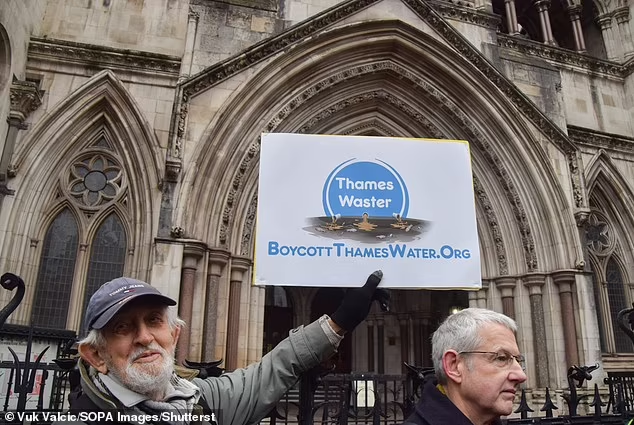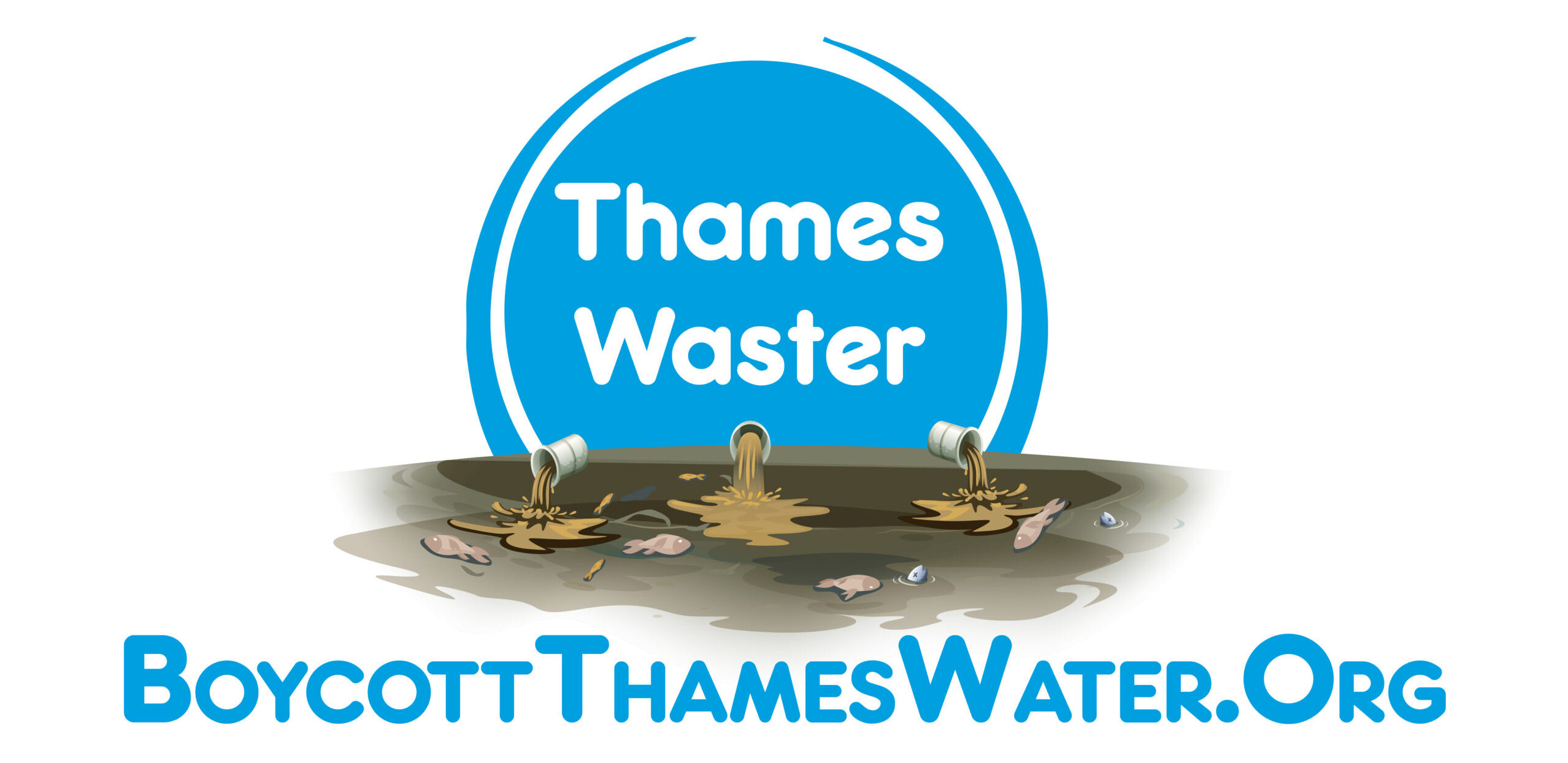The surrender this week by Ofwat to the demands of Thames Water marks a turning point in our campaign. A clearer picture is emerging of how anger across the board can be channelled to effect real change.
The media – reflecting anger across the board
One measure of the direction of travel is mainstream media reporting. Boycott Thames Water spokespeople have featured this week on the BBC and ITN news and the Jeremy Vine show on Channel 5.
Of particular significance are reports in the Daily Mail, The Daily Telegraph and the Financial Times. All feature our placards. All reflect the depth of anger.
Normalising non-bill payment
Early ‘boycotters’ were under no illusion. Individual acts of defiance, however principled, will achieve little on their own. And most decent people are averse to not paying bills on time. One reason why direct debits are so popular.
But we know from history that there is a point where people of all stripes are ready to take a stand against unfairness. The revolt against the poll tax is a prime example. It was a flagship government policy.
The riots may have played a part in its demise. But the then Government had no difficulty facing down militants. What they couldn’t cope with was the revolt in the shire counties.
Overwhelming Thames Water
Civil disobedience towards Thames Water is easy. It can be as simple as cancelling a direct debit, delaying payment for a few weeks, or swamping Thames Water with complaints and queries.
According to this November’s Consumer Council for Water report, 2 in 5 will struggle to pay their water bill, and there is insufficient provision to ameliorate this.
How will Thames Water be able to distinguish between those who can’t pay and those who refuse to pay?
How will they cope with the predictable surge of consumer queries, demands and complaints and the interruption to their cash flow?
The role of our campaign
The Mail, Telegraph and Financial Times recognise the anger, and the justification for the anger. But they have no answers.
The role of our campaign is to normalise ‘boycotting’ in all its forms.
It is to explain our aim to make Thames Water as unattractive as possible to private investors, and to hasten the day that Thames Water must be taken back into public ownership.
Last but not least, we must continually counter the false narrative that public ownership is not affordable.


Are there any templates I can use to bombard Thames water with to show dissatisfaction and frustration with so I can make a point of complaining constantly via email
Regards
We’ve just updated our website section ‘Ideas for Responses to Thames Water’ under the ‘Tips for Boycotters’ menu. Thames has been really terrible so lots of nice meaty grounds for complaint there.